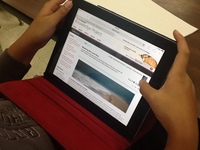
Examples of student research questions:
Why was Stonehenge created?
Why are Dolphins so smart? How do we know?
How did pop music originate?
Why does Vermont produce so much maple syrup?
How do Greek and Roman Mythology relate to each other?
How did the Aztec empire fall?

The final products were a short piece of writing explaining their research outcomes as well as an infographic or visual representation of their findings. These products require students to synthesize the information they collected in order to create powerful and high quality aids to share learning. Info-graphics were created using a number of iPad apps in combination to create charts and graphs, edit custom maps, and organize other visual elements and text on an electronic canvas. The resulting work was eye catching and informative and were much more informative than a written response alone. These infographics were key to the sharing of research with peers through an academic discussion activity.
Throughout the process, students gained an understanding that geography is much more than labeling states or countries on a map, it is about spatial relationships on the globe, finding and analyzing patterns, and exploring the diversity of our world.
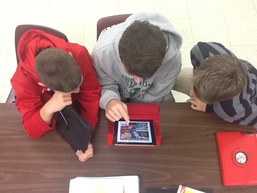
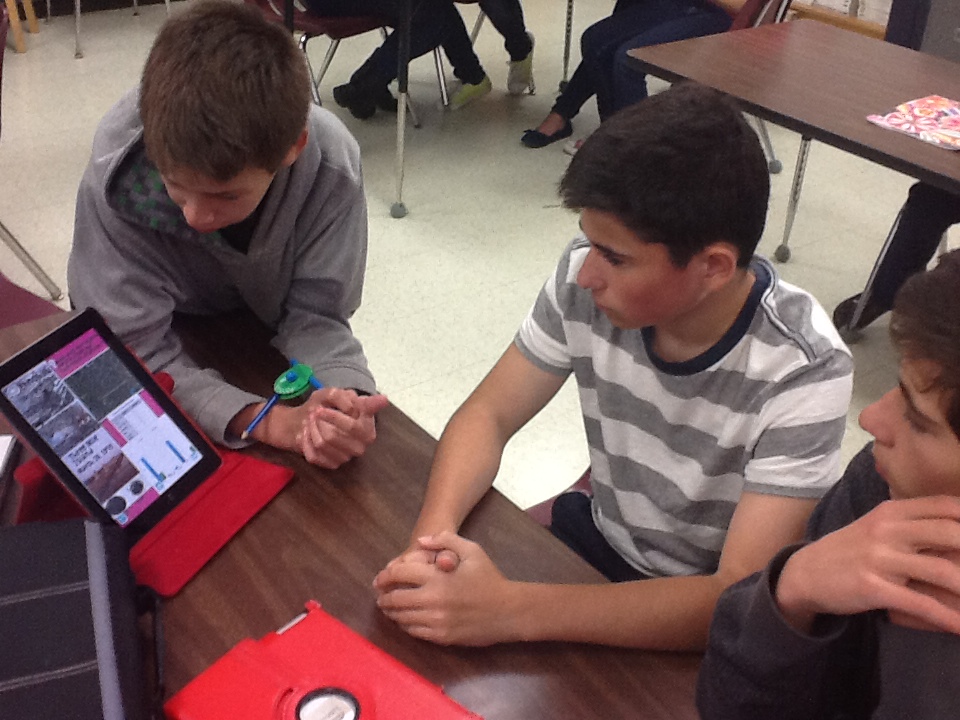
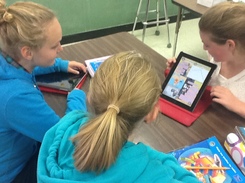
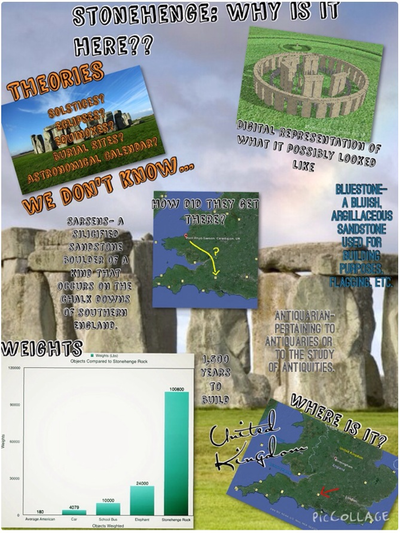
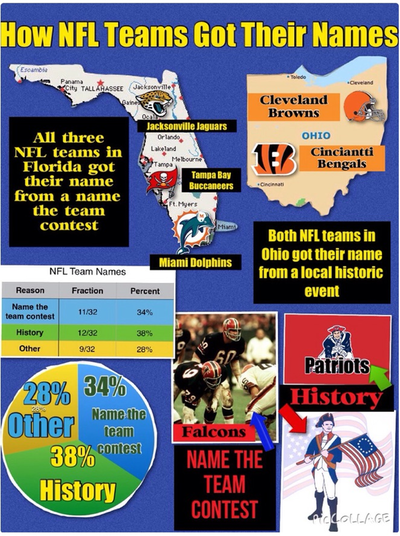
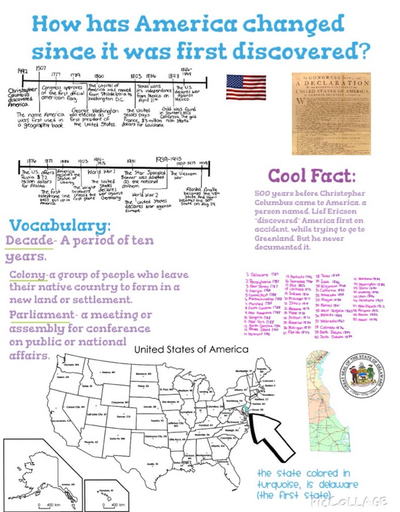
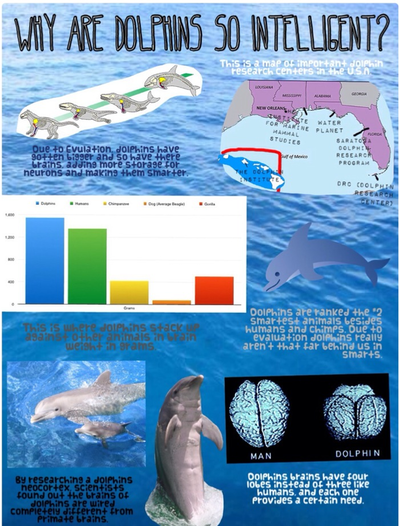
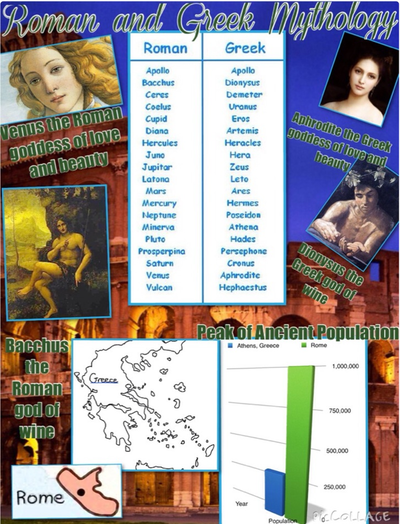
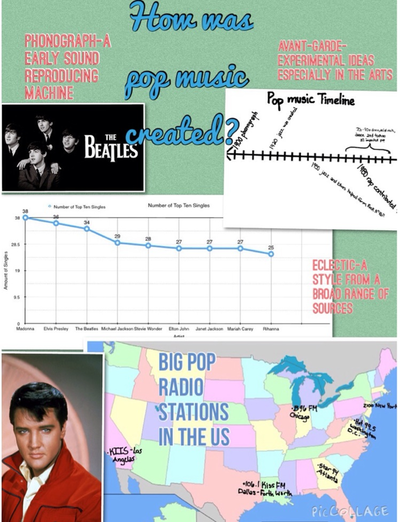
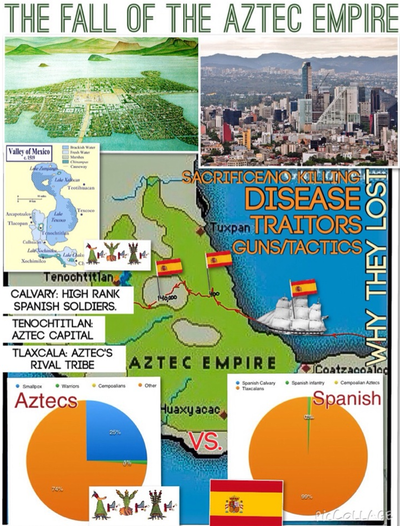
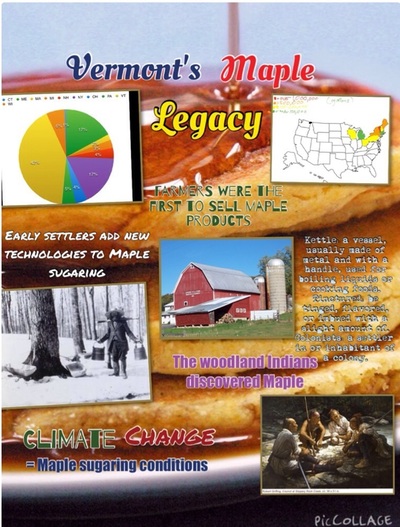
 RSS Feed
RSS Feed